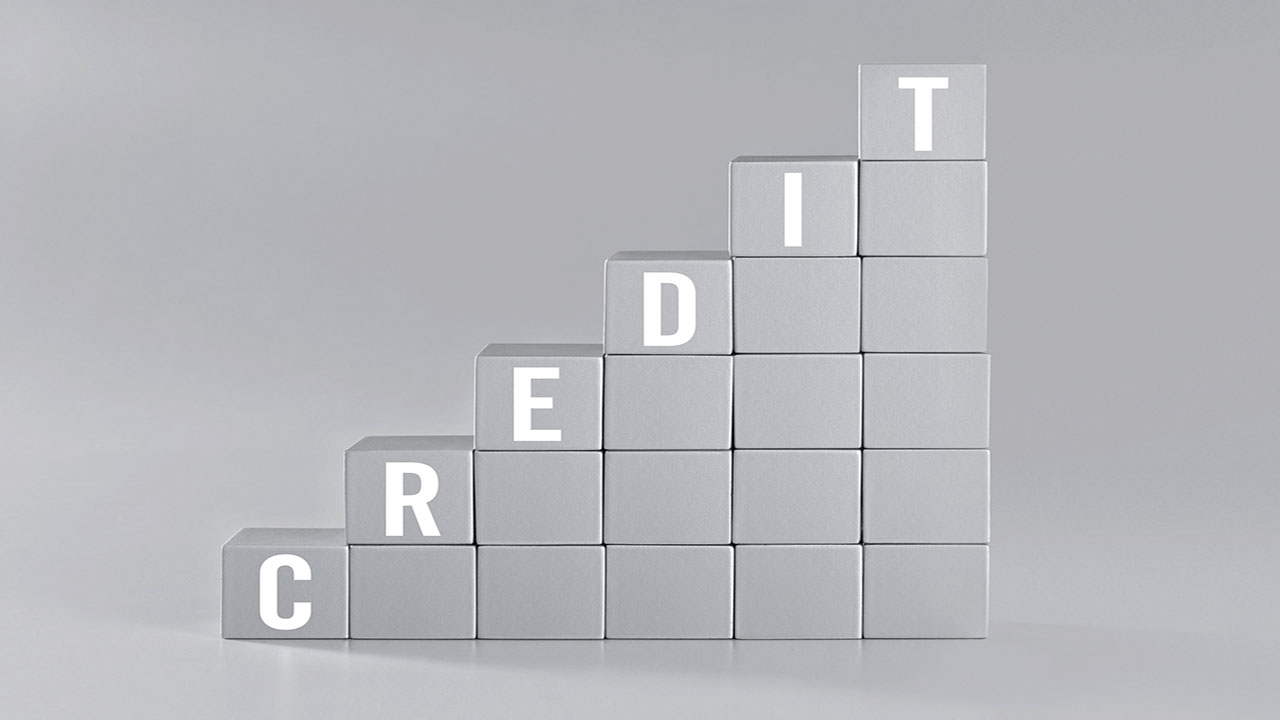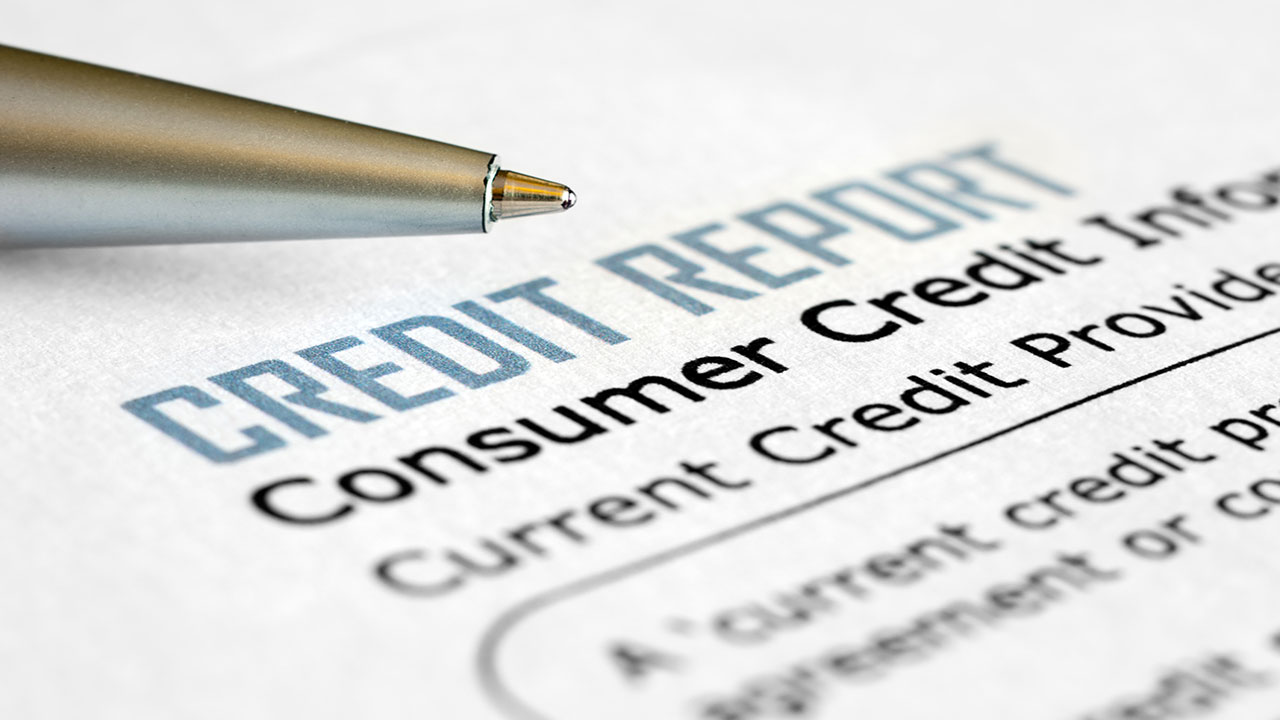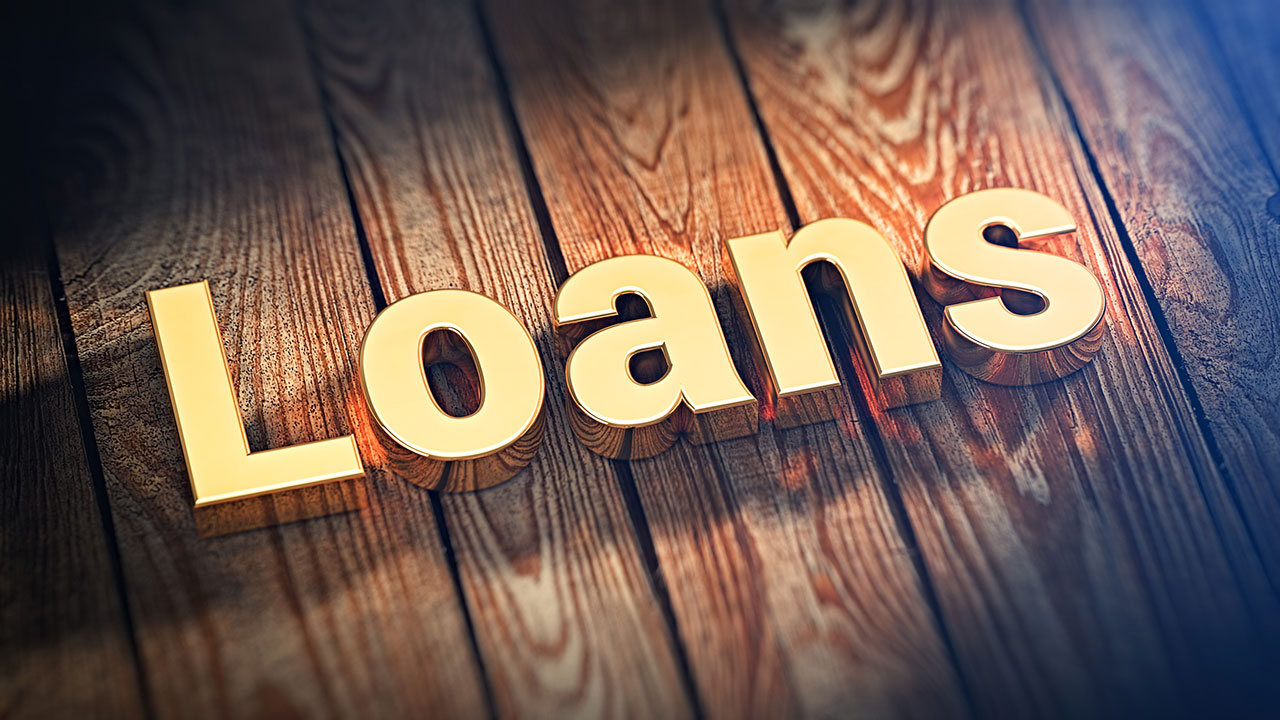7 Ways to Improve Your Credit Score Before Buying a Home

When it comes to buying a house and getting a mortgage, you need to be in healthy financial shape. And part of being financially sound is having a strong credit score. Your credit score says a lot about you, at least as far as how strong your financial history is.
Without a decent credit score, getting approved for a mortgage will prove to be a challenge. Lenders use your credit score to assess how risky you would be as a borrower. A score on the lower end of the spectrum will tell lenders that you’ve got a less-than-perfect financial past that may be littered with missed payments, too many opened credit accounts, and potentially a judgment.
But just because your credit score might be a little on the lower end doesn’t mean you’re completely out of the running for a mortgage. What you need to do is take some steps to improve your score so that lenders will look more favorably on you.
If you have a little bit of time to spare when it comes to buying a home, consider hunkering down and making an effort to inch your credit score back to where it can be. This will make securing a mortgage much easier.
Here are a few ways to improve your credit score before making a home purchase.
1. Check Your Credit Report For Errors

One of the first things you should do to improve your credit score is pull your credit report and look for any mistakes. You can obtain a copy of your report for free every 12 months from one of the major credit bureaus: Equifax, Experian, or TransUnion. Knowing what’s on your credit report is important to ensure accuracy.
It’s not uncommon for there to be errors on credit reports, many of which can pull your credit score down. Many of these mistakes can be serious enough to flag identity theft.
By law under the Fair Credit Reporting Act, the credit bureaus have an obligation to investigate any potential mistakes. They must also drop off certain negative information – such as bankruptcy or other judgments – after a certain amount of time has elapsed.
If you find any mistakes, be sure to have them reported and fixed. This step alone can help your score improve.
2. Pay All Your Bills on Time
One of the biggest reasons why consumers suffer from a low credit score is because of missed payments. Debt payments that are 30 to 60 days late get reported to the major credit bureaus. Any notes about late or missed debt payments on your report weigh heavily on credit scores and can cause them to drop significantly.
From here on out, it’s crucial that you remain diligent about making debt payments on time every month if you’re trying to improve your credit score. Just as powerful as missing payments may be to your credit score, so is making timely payments. So make sure you pay all your bills on time and in full each billing cycle to help give your credit score a boost.
3. Only Buy What You Can Afford

This goes without saying, but keeping your expenditures to well within what your finances can comfortably handle is of paramount importance. Credit cards might be handy tools, but spending more than you can afford can land you in hot water if you’re unable to pay your bills because of your lavish spending habits.
Try to avoid making large purchases shortly before trying to get approved for a mortgage and buying a house, and don’t spend any more than you have to. At least until you’ve been approved for a mortgage, try to keep your spending under control. Doing so will help ensure you’ve got the funds available to pay all bills on time every month.
4. Pay Down High-Interest Debt First
If you’ve got high outstanding loan amounts that are being charged high-interest rates, consider focusing on these debts and make every effort to pay them down. Every month, you’re wasting a lot of money paying interest on outstanding debt. Paying down your debt should be part of your game plan, and paying down high-interest debt first should be your main focus.
Credit cards tend to be among the highest-interest debt that consumers have to deal with, which typically come with interest as high as 25% and higher. Paying a few hundred dollars towards a credit card bill that’s being charged 20% interest will have a more significant effect than putting that same money towards a debt load that’s being charged 5%.
5. Keep Your Credit Card Debt Down

Every credit card holder is given a specific credit limit that they can spend up to. But just because you’re technically allowed to spend up to your limit doesn’t mean you should. The amount you spend relative to your credit limit is what’s known as your “credit utilization” and plays a big role in your credit score.
If your credit utilization ratio is high, your credit score can suffer. Ideally, you should be spending no more than 30% of your credit limit, though less is certainly better. If your credit card debt is high, focus on paying it down to lower your credit utilization ratio and improve your credit score.
6. Don’t Close Out Old Credit Accounts
You might think that closing out unused debt accounts is a good thing for your credit score. But you could be wrong. Sure, negative items are no good for your credit score, but they’ll typically be dropped off your report after an average of seven years. But working to get old accounts off of your credit report because they’re paid off might not necessarily be a good thing.
Any old debt that you’ve already paid off can be considered good debt, especially as it ages. A long history of good debt is good for your credit score. So leave the old debt on your report as long as possible.
7. Don’t Take Out New Loans

Taking out more loans that you should only adds to your debt load, which is never a good thing right before applying for a mortgage. Not only will you be making it more difficult to add another debt payment into the mix in the form of a mortgage, but you’ll also potentially be causing your credit score to dip.
Every time you apply for a loan, the lender will want to check your credit score. When this happens, your credit report will have a “hard inquiry” noted on it. Hard inquiries can pull your credit score down, so to avoid this from happening to you, don’t apply for any new loans so close to applying for a mortgage.
The Bottom Line
Your credit score is a very important little number that plays a critical role in your ability to secure a mortgage. If it’s not as high as it could be, now’s the time to get serious about making the necessary improvements. Not only will a better credit score increase your odds of mortgage approval, but it will also help you get a lower interest rate and better terms that will make paying your mortgage a lot easier.